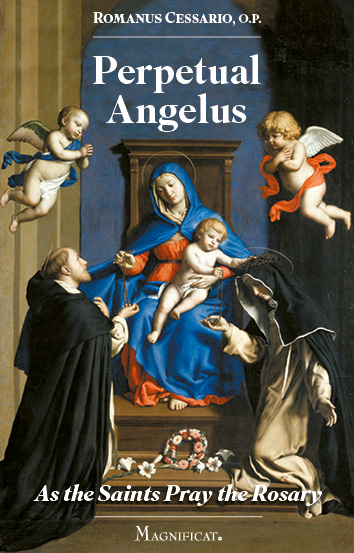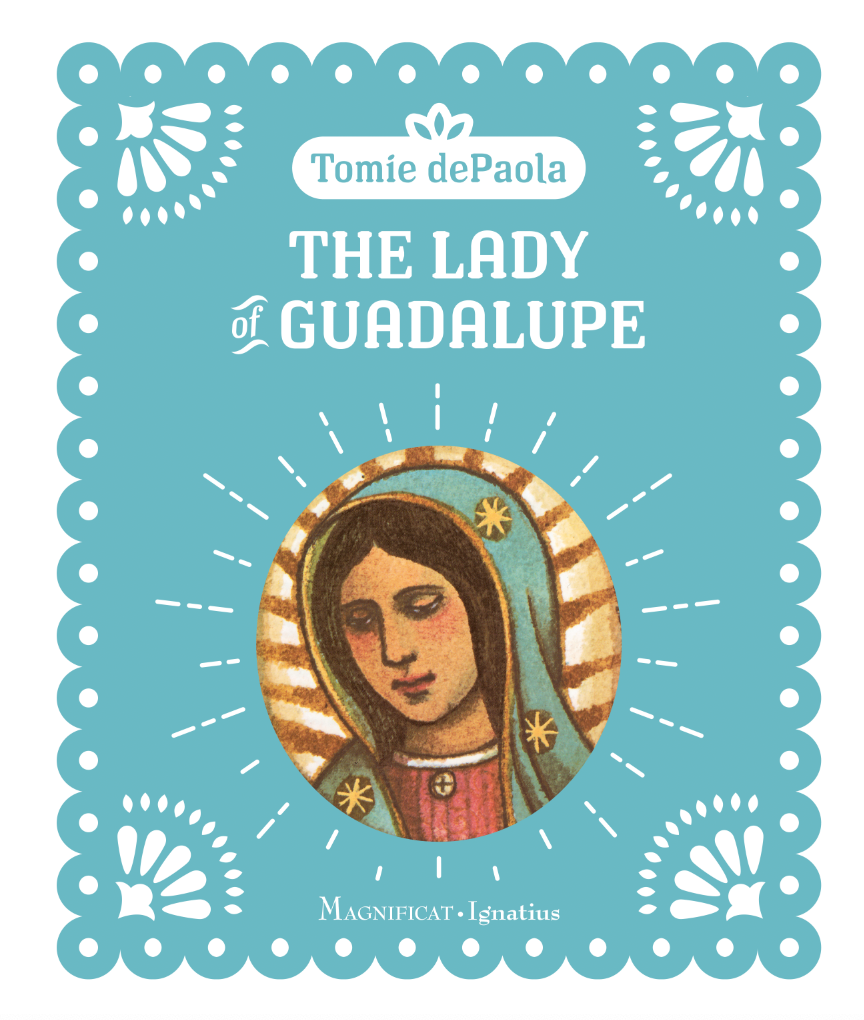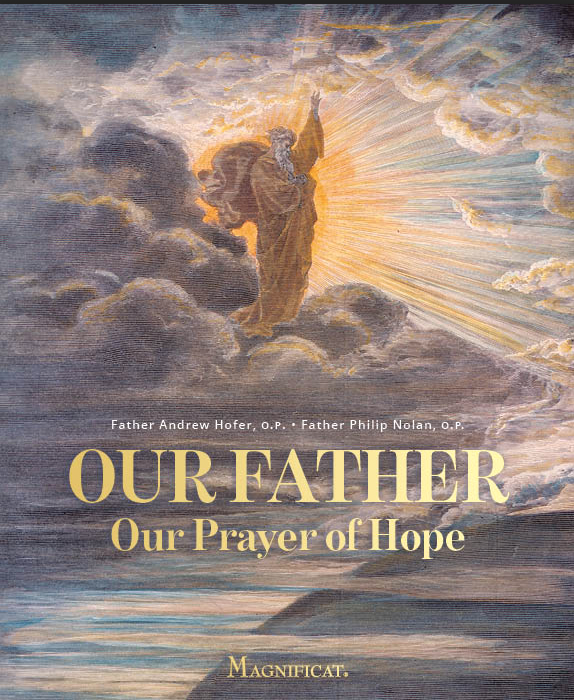In the yearly celebration of the Solemnity of Mary the Mother of God, the Church invites us to ponder what this celebration reveals to us about God. If honoring Mary does not lead us to the Triune God, we are engaged in mere sentimentality. For Mary herself tells us, “My soul proclaims the greatness of the Lord.” And so what does the Motherhood of the Virgin tell us about God’s ways which are above our ways?
Virgin womb
Let us consider the meaning of a virgin womb. The womb of a virgin is a place that has not received the love of a husband, has not participated in the conjugal love blessed by God. The womb of a virgin is a place where life does not happen, where life cannot happen. And in the time of Mary and Jesus many would have considered an “ever-virgin” womb to be a place forsaken by God. A virgin womb was thus a place bereft of love, of life, of God.
At the Annunciation, the angel declares to such a virgin that she is not forsaken, but rather highly favored; not full of shame, but full of grace. Mary’s Yes to the One who has such a preference for her is not a Yes of duty, but a Yes of love—a Yes bursting with joy, a joy analogous to but infinitely greater than that of a woman accepting the marriage proposal of her beloved. Mary is the Daughter of the Father, the Spouse of the Holy Spirit, and the Mother of the Son. Mary’s Yes goes to the truest depths of all human love and affection, and thus penetrates and is in unimaginable communion with Divine Love. The fruit of Mary’s Yes is the union of humanity and divinity in her womb. The womb that seemed empty of love becomes the very font of love. Mary’s blessed womb is the point where human and Divine Love, are united, and thus Love is fulfilled.
Life and love
Because of Mary’s Yes, life Himself becomes present in her womb, and the new life of God’s children can truly begin. God’s very life becomes present in the world in a way that is simpler and more complete than ever before: a living and life-giving Flesh that dwells among us. I came that they might have life, and have it to the full (Jn 10:10). In a place as lifeless as a virgin womb, the source and summit of life makes his abode. Life springs forth from a place where life seemed impossible.
From Mary’s ever-virgin womb comes the ever-abiding presence of love and life whose name is Jesus. Mary is Mother of God because Jesus is God. The son of a human is a human, the only begotten Son of God is God. Jesus, sent by the Father to be the face of the Father, then sends us his Spirit so that he will be with us always. He must necessarily be with us always because he tells us that without him we can do nothing. We are nothingness begging for Being. We are beggars full of faith and hope that love and life can enter and flourish anywhere and everywhere. Nothing is impossible with God. God’s way of becoming present is revealed primarily and perfectly in the virgin womb of Mary. God’s way is Jesus. And Jesus, the Way, continues to be revealed in the living history of the Church, the mystical and very real continuation of Christ’s presence in a dark and barren world.
In the fullness of time God sent his Son, his Word, his way, the definitive revelation of his being. The Word made Flesh reveals that God is Father, the one Father, the one who is so much Father that he can generate Being where there is nothing. Nowhere is the Fatherhood of God clearer than in the Motherhood of Mary.
©Magnificat January 2004









